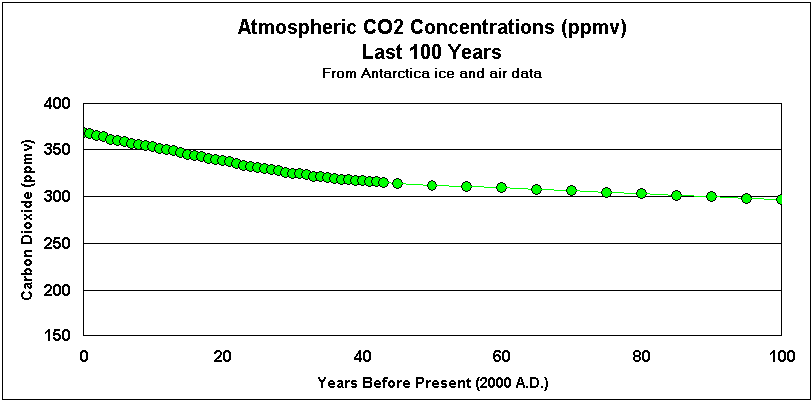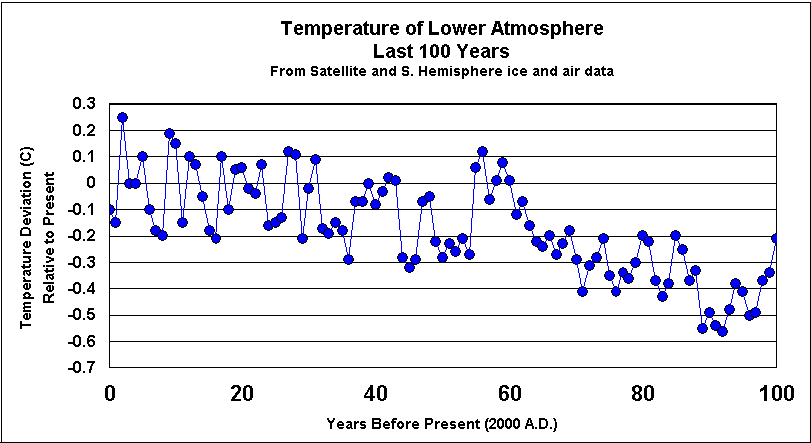Tyler wrote:
Believing in something is not risk mitigation. My risk mitigation for the alarmist warming futurists potentially being wrong is that I object to handing the global economy over to them with no oversight, and I support actionable and measurable environmental improvements we can implement today. Imagine how much better the environment could be virtually tomorrow if we spent just half of the money we direct towards global warming "projections" on simply cleaning the rivers, reducing industrial waste and emissions, and providing sustainable agriculture for the poor.
I tend to think like Bjorn Lomborg in that I'm a skeptical environmentalist. Show me what we can fix at a reasonable cost (not just in terms of money, but also time and freedom) and outline how we'll be able to accurately measure the results in my lifetime to prove or disprove the efficacy of the original "fix", and I'm likely to support the cause. There are plenty of environmental issues today I'd prioritize over trying to affect temperatures far into the future a few tenths of a degree at great cost to our quality of life. And I'd argue that if we focused on those, we may end up addressing the warming problem in the process with far more support along the way.
I very strongly agree with Tyler, and would also add that while individuals can mitigate risk, societies cannot. I don't mean this in the pedantic anarcho-capitalist sense that society doesn't really exist, but more that society is a collective group that we have no control over. If
I want to mitigate financial risk, I implement the PP. I don't worry about all the people out with un-hedged financial risks that could hurt me--wave of foreclosures bringing down my property value, wave of bankruptcies reducing real wealth available to me, student loans crushing an entire generation, causing them to become socialist. These are collective risks that "society"could mitigate... but that's just not the way societies work. Societies do what their members do. If you want a society to "mitigate risk," you have to get its members to do it.
If you look at the most successful global environmental campaigns, it should be pretty obvious that all of them involved fixing existing, clearly noticeable problems. Acid rain, hole in the ozone layer, deforestation, whale depopulation; all of them were clearly fixable with a fix that's verifiable (less acid rain, smaller hole in the ozone layer, stabilization of forest sizes, more whales, etc).
The problem with global warming as a problem is that it's not really noticeable yet. Instead, we have to get people to tell us what it's supposedly responsible for. This is an extremely weak motivator. It will simply have to get worse before it gets better if people are to take notice and gin up the personal and political wills to change things.
Human behavior is economic behavior. The particulars may vary, but competition for limited resources remains a constant.
- CEO Nwabudike Morgan





